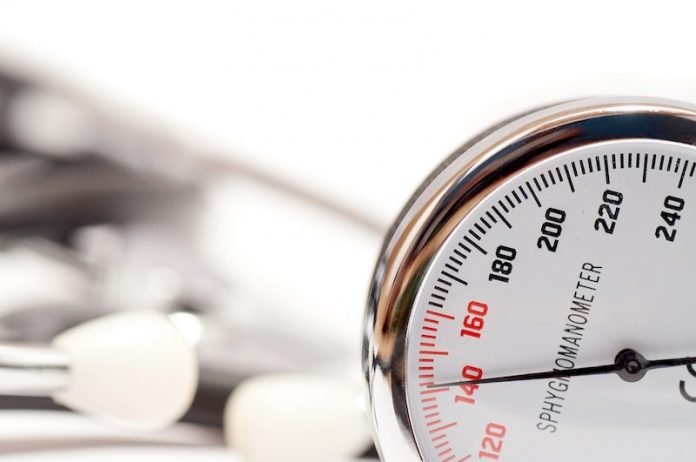
In a recent study, researchers found people with high blood pressure who take all their anti-hypertensive medication in one go at bedtime have better-controlled blood pressure.
These people also have a much lower risk of death or illness caused by heart or blood vessel problems, compared to those who take their medication in the morning.
The research was conducted by a team from the University of Vigo in Spain and elsewhere.
The Hygia Chronotherapy Trial is the largest to investigate the effect of the time of day when people take their anti-hypertensive medication on the risk of cardiovascular problems.
The study asked 19,084 patients to take their pills on waking or at bedtime, and it followed them for the longest length of time—an average of more than six years—during which time the patients’ ambulatory blood pressure was checked over 48 hours at least once a year.
The researchers found that patients who took their medication at bedtime had nearly half the risk (45% reduction) of dying from or suffering heart attacks, stroke, heart failure, or requiring a procedure to unblock narrowed arteries compared to patients who took their medication on waking.
They also found that the risk of death from heart or blood vessel problems was reduced by 66%, the risk of heart attacks was reduced by 44%, coronary revascularisation by 40%, heart failure by 42%, and stroke by 49%.
The team says current guidelines on the treatment of hypertension do not mention or recommend any preferred treatment time.
Morning ingestion has been the most common recommendation by physicians based on the misleading goal of reducing morning blood pressure levels.
However, the Hygia Project has reported previously that average systolic blood pressure when a person is asleep is the most significant and independent indication of heart disease risk, regardless of blood pressure measurements taken while awake or when visiting a doctor.
Furthermore, there are no studies showing that treating hypertension in the morning improves the reduction in the risk of cardiovascular disease.
The study was conducted by Ramón C. Hermida et al, and published in the European Heart Journal.
If you care about blood pressure, please read studies that black licorice could cause dangerously high blood pressure, and this common plant nutrient could help reduce high blood pressure.
For more information about blood pressure, please see recent studies about how tea and coffee influence your risk of high blood pressure, and these antioxidants could help reduce dementia risk.



